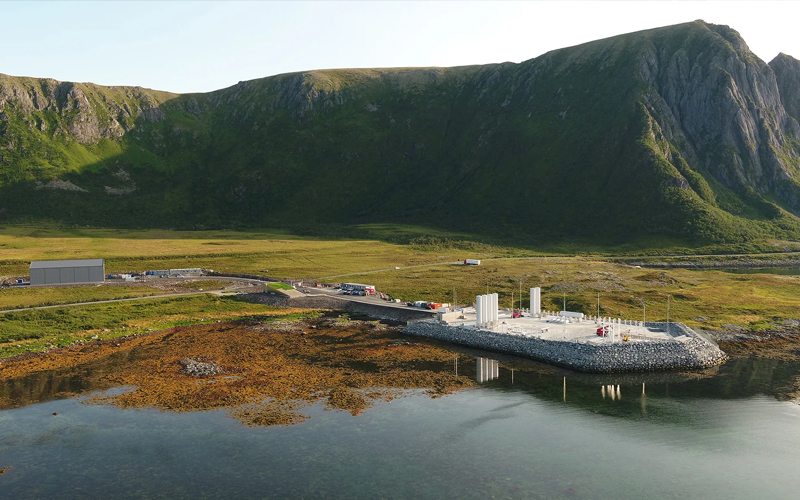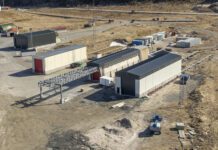
Norway has decided that the responsibility for issuing permits for rocket launches from its territory will now be the responsibility of the Norwegian Civil Aviation Authority.
Under Act 13 June 1969, no. 38, the country’s Ministry of Trade and Fisheries was responsible for granting permits to launch rockets from Norwegian soil. Under this legislative framework, the country has hosted several suborbital rocket launches each year for decades, including those of ESA, NASA, JAXA, and DLR. However, with the opening of the country’s new orbital launch facility, Norway has identified the need for “a more comprehensive permit regime.”
As with the country’s currently operational suborbital launch sites, the new orbital launch facility will be managed by Andoya Space, a company that is primarily owned by the country’s Ministry of Trade and Industry. The new launch facility, which was inaugurated in November 2023, is currently preparing to host the inaugural flight of Spectrum, a two-stage microlauncher being developed by Germany launch provider Isar Aerospace.
In anticipation of this first flight from the facility, which is tentatively expected to take place sometime this year, Norway had previously indicated a need for a dedicated authority to assess orbital launch applications. The decision to assign this responsibility to the country’s Civil Aviation Authority was made during a 31 May King in Council meeting between King Harald V of Norway and the country’s Council of State.
The authority’s new responsibility will cover both the granting of permits to launch providers and the supervision and assessment of prospective payloads. Additionally, the Norwegian Civil Aviation Authority will also be given the administrative responsibility to fulfill the country’s commitments to the Space Registry Convention of 12 November 1974. The convention obliges the country to keep an overview of Norwegian-owned satellites and report these to the UN-managed registry.




